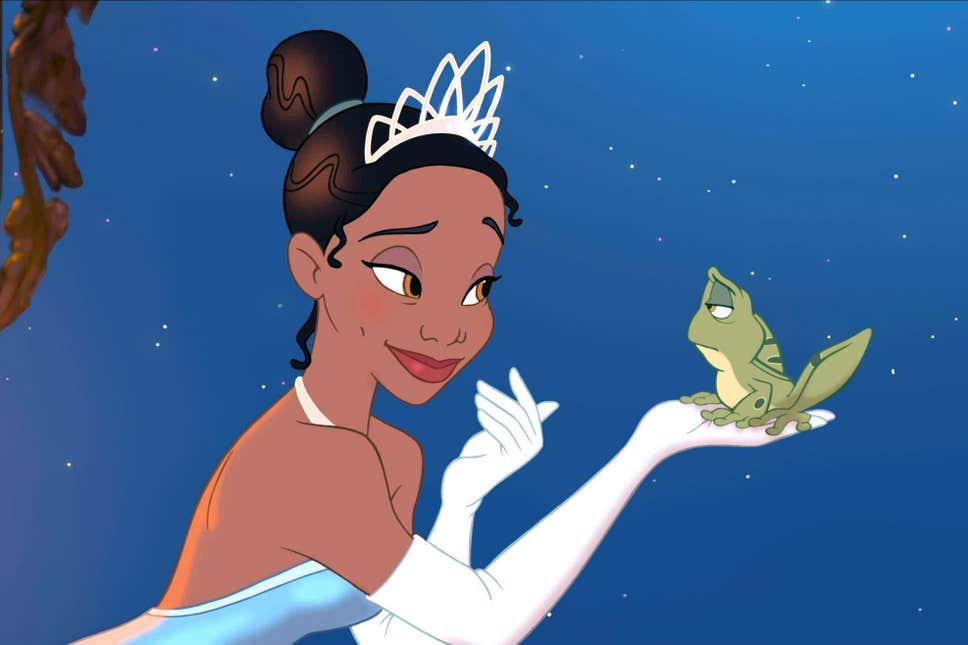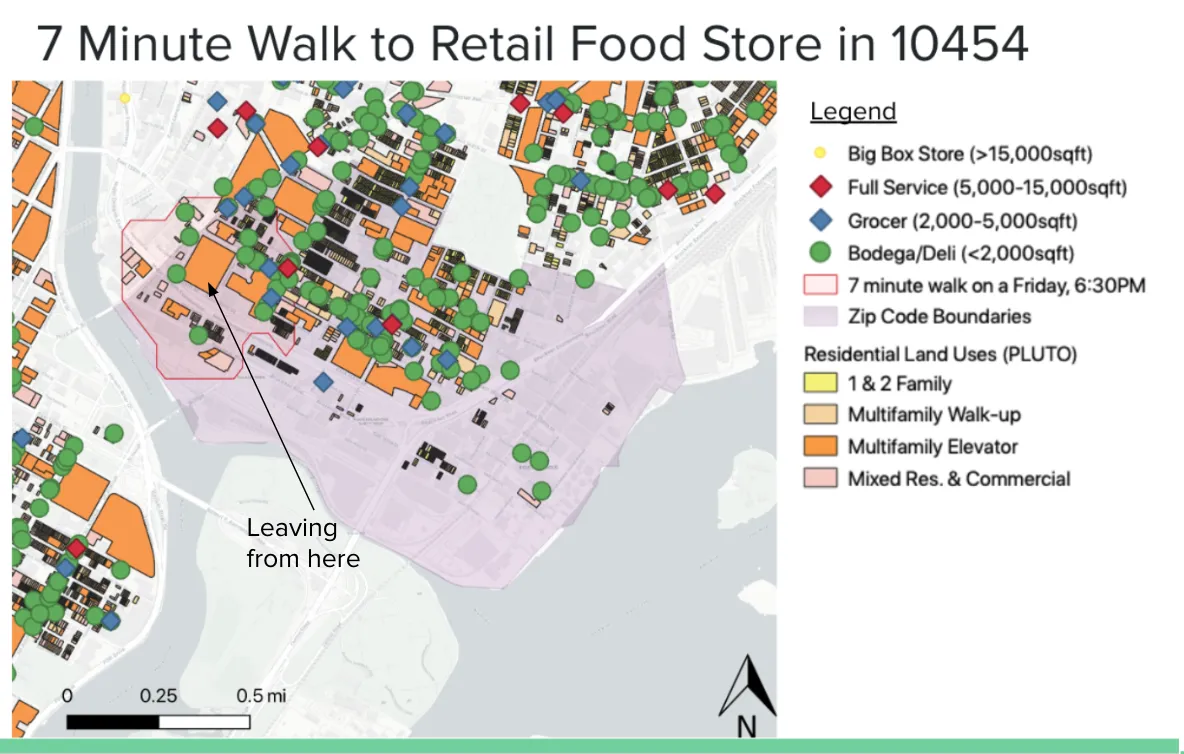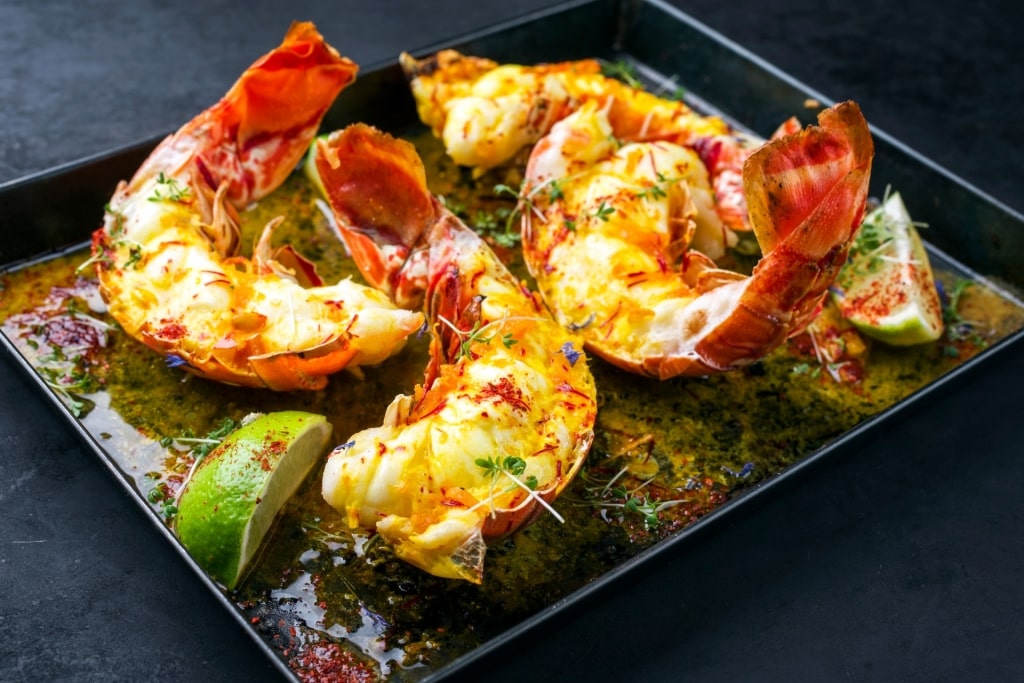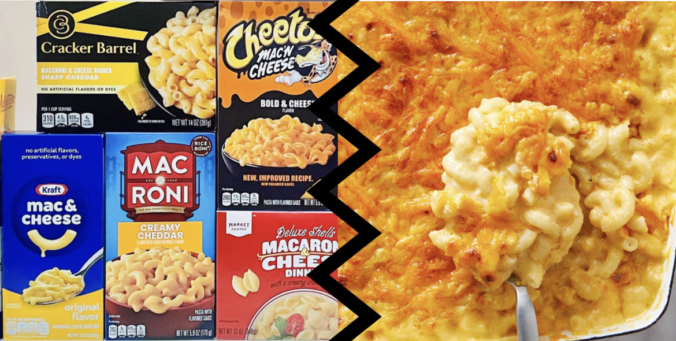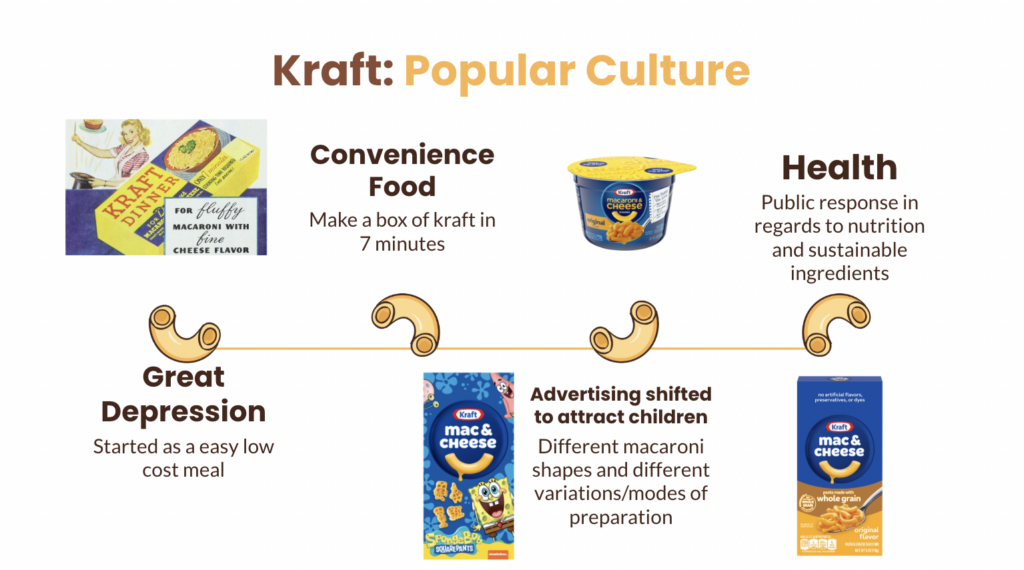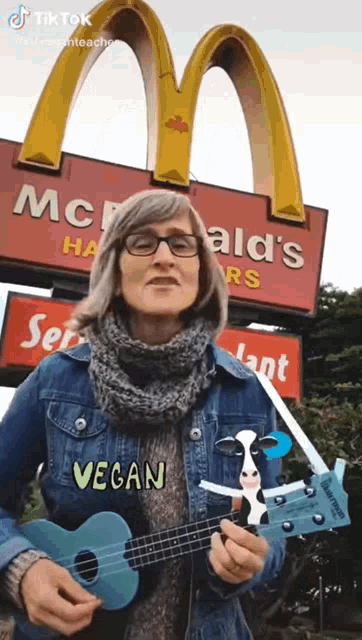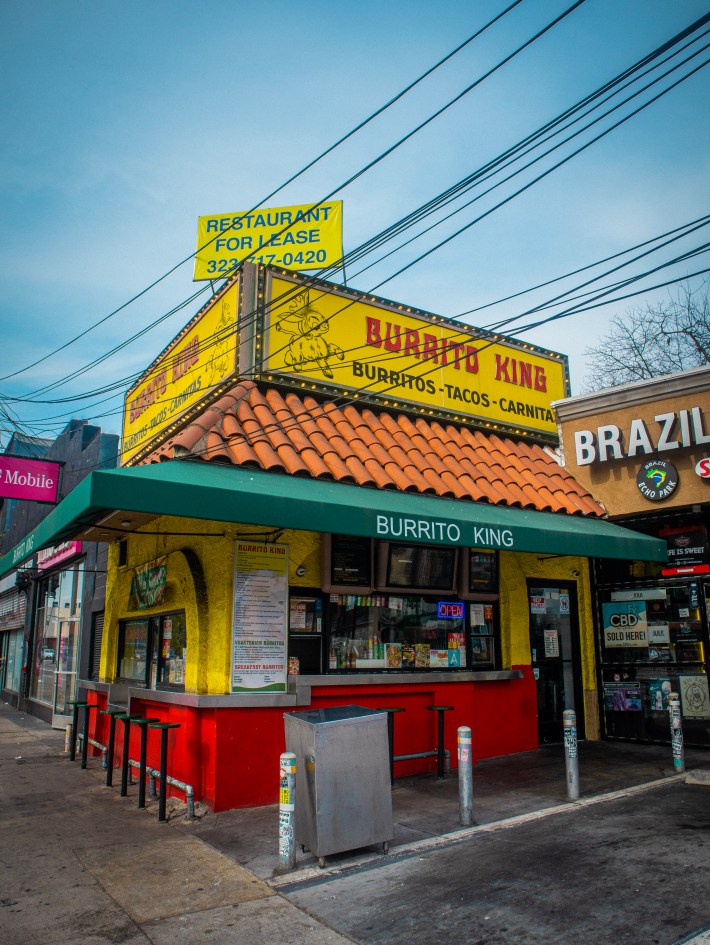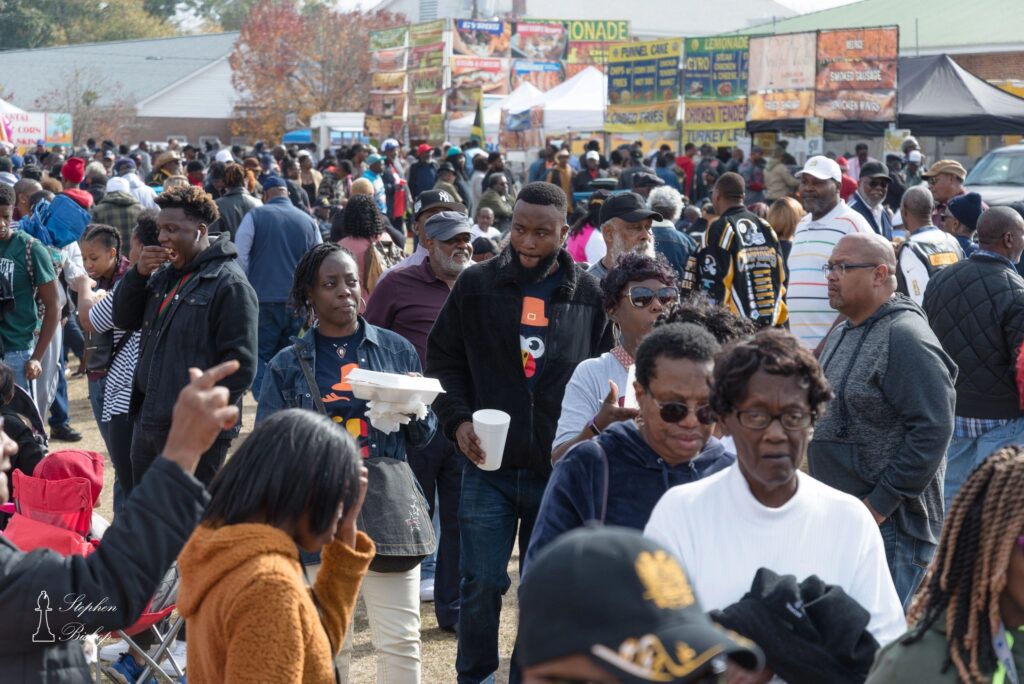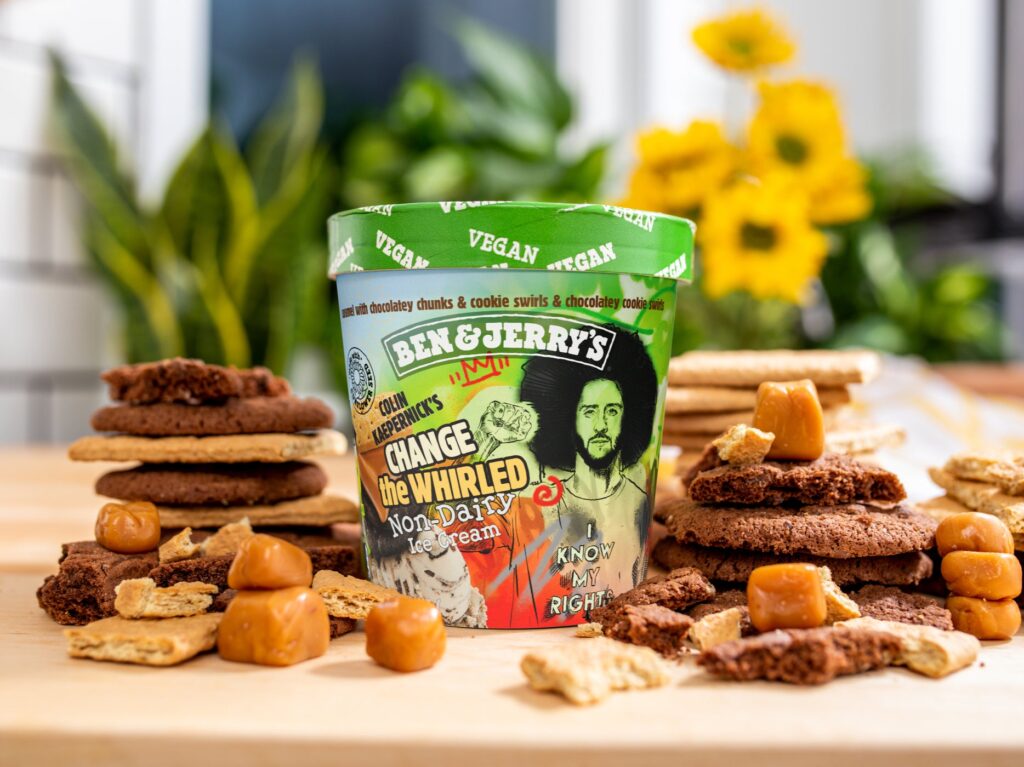
People of color are known for having the highest rate of heath conditions, African Americans sitting at the top of this list. When starting this project I knew I wanted to talk about African Americans being unhealthy. But most of what Professor Johnsons class discussed was how harmful soul food was to an African American diet. But my family and I don’t eat soul food so my question became what factors contribute to African Americans being unhealthy? I found many factors that play a role in unhealthiness but the two that I feel are the most important are the cultural significance of the diet and the limited representation of health and healthy foods.
When researching the cultural significance of the diet, I read a book by Michelle Gourdine called Reclaiming Our Health: A Guide to African American Wellness. This book explains that dinner is deeply ingrained in African American traditions and is connected with community, identity, and family. We see this shown in a show called black-ish. It revolves around the Johnson family and how they navigate personal, familial, and sociopolitical issues, particularly in trying to reconcile their desire to stay true to their black identities with their choice to live in a wealthy, suburban white neighborhood. In this show, there are many scenes where the family shares a meal at the dinner table and discusses various things, going from celebrations to family arguments. All of their interactions at the dinner table bring them closer together.

ABC clips, Blackish Thanksgiving Special Clip, Youtube, 2014,https://www.youtube.com/watch?v=Ia_EoXiJT8w
When focusing on the limited representation of health and healthy foods I could easily understand why this was a factor. Personally, I believe this is one of the biggest factors because people are going to act on the things that they see online. During my research, Patricia Young article Perceptions of Obese African American Women Regarding Altering Traditional Soul Food Preparation explained that women believed that the foods they ate were a social norm. Even if they wanted to break the cycle and eat healthier, the normalization of unhealthy food consumption was too strong to allow lasting dietary changes. When looking at the factors that lead to unhealthiness this one resinates with me the most. I love to cook so I watch a lot of cooking videos and shows. When I scroll through TikTok many black content creators are posting recipes of delicious-looking food that make me want to try it. The only problem is that many of the foods being made are full of fats, sodium, and sugar. All of which are detrimental to one’s health.
Similar to the TikTok videos there are many cooking shows with African American chefs explaining how to make incredible dishes but all of the dishes have unhealthy ingredients. If there is no representation of healthy foods on the apps that people are frequently looking at, it is not likely that individuals will decide to start a diet, and even if they do start a diet it will be extremely hard to maintain long-term because the internet is providing delicious looking unhealthy recipes. One example of this is The Delicious Miss Brown Cooking Show


Pictures of Miss Brown
https://www.imdb.com/title/tt10580138/ (left) https://charlestonmag.com/features/15_minutes_with_kardea_brown (right)
If there is no representation of healthy foods on the apps that people are frequently looking at, it is not likely that individuals will decide to start a diet, and even if they do start a diet it will be extremely hard to maintain long-term because the internet is providing delicious looking unhealthy recipes.
Work Cited
ABC clips, Blackish Thanksgiving Special Clip, Youtube, 2014,https://www.youtube.com/watch?v=Ia_EoXiJT8w
@_asiag. “Video Title or Description.” TikTok, uploaded by @_asiag, 10 Nov. 2023, www.tiktok.com/@_asiag/video/7323111917973671211?lang=en.
Brown, Kardea. “15 Minutes with Kardea Brown.” Charleston Magazine, 1 Dec. 2023, www.charlestonmag.com/features/15_minutes_with_kardea_brown.
Food Network.Kardea Brown’s Country-Fried Steak with Gravy,YouTube, uploaded by Food Network, 2023, www.youtube.comhttps://www.youtube.com/watch?v=bfb7WAD8ML4
Gourdine, Michelle. Reclaiming Our Health: A Guide to African American Wellness. One World, 2009.
@rinzayrose. “Video Title or Description.” TikTok, uploaded by @rinzayrose, 24 Oct. 2023, www.tiktok.com/@rinzayrose/video/7444257184969428255?lang=en.
“The Obesity Statistics You Should Know.” The Barbecue Lab, The Barbecue Lab, 2023, www.thebarbecuelab.com/obesity-statistics/.
The Outsider. IMDb, 2020, www.imdb.com/title/tt10580138/.
VampiressRina. Black-ish S05 Folder Icon PNG/ICO. DeviantArt, 17 May 2020, www.deviantart.com/vampiressrina/art/Black-ish-S05-Folder-Icon-PNG-ICO-768109405.
Young, Patricia A. “Perceptions of Obese African American Women Regarding Altering Traditional Soul Food Preparation.” Journal of the National Medical Association, vol. 97, no. 6, 2005, pp. 825-830.






